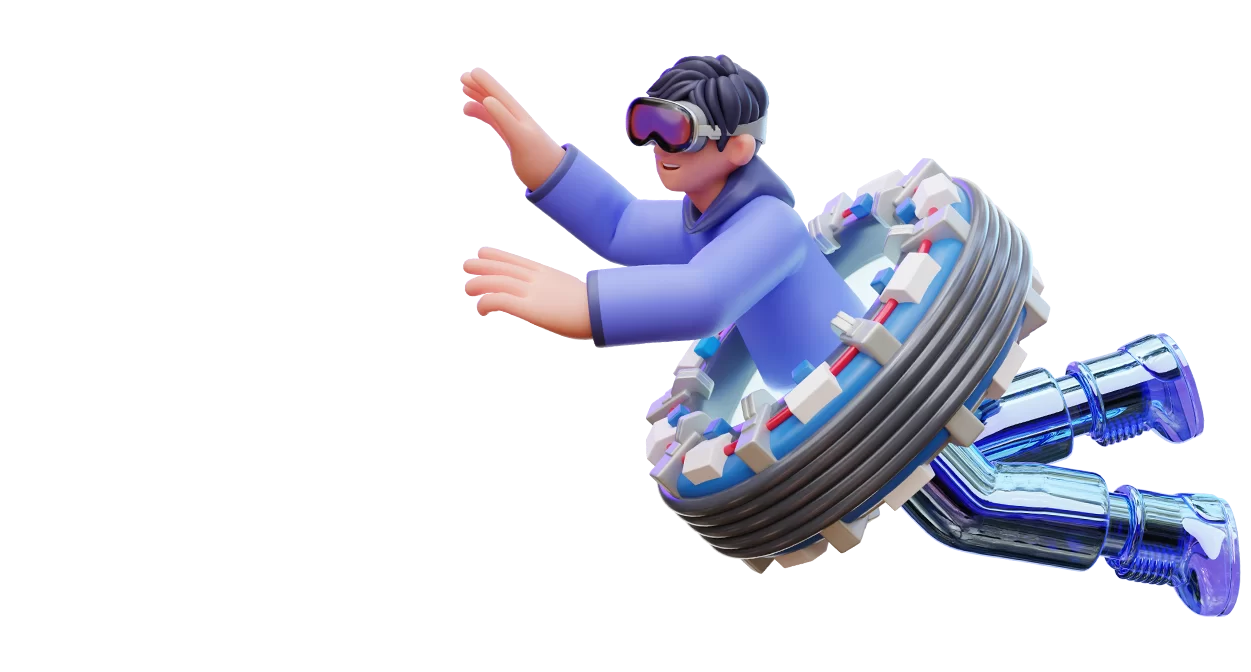Extended Reality

Bridging the Gap Between the Physical and Virtual World
We combine our industry experience, domain expertise, and technical prowess to create virtual sensory user-experiences by delivering high-quality XR games and immersive apps across industries.
Our extended reality solutions specialize in frameworks and SDKs provided by industry leaders like Apple, Google, Wikitude & GearVR. We leverage game engines like Unity 3D, Facebook Spark AR, and Snapchat Lens Studio to help customers build next-gen gaming platforms across different devices and interfaces.
Our Capabilities
We have an expertise in developing large gaming platforms and interactive XR solutions for enterprises and consumer-focused industries. AR and VR solutions are widely accepted and used as tools for entertaining and engaging customers in different industries like gaming, architecture, healthcare, manufacturing, and retail.
Insights

Article
The 5 Biggest Virtual And Augmented Reality Trends In 2020 Everyone Should Know About

Article
What Leaders Need To Know About Augmented Reality

Article
Virtual Reality is Making Marketing and Training More Effective for Businesses

Article
Mixed Reality Finds Its Niche in Industrial and Business Applications
INDUSTRIES
PLATFORMS
SERVICES
CONSULTING
- AlvariumTM - Design Led ConsultingOpens a new window
- Digital Marketing Services
- Automotive Aftermarket
- Digital Logistics
- Remote Engineering
PROFESSIONAL SERVICES
DIGITAL
FUTURE ENGINEERING
Let's Talk
Book a Meeting
Cookies help us deliver our services. By using our services, you agree to our use of cookies. Click here to read our privacy policy Opens a new window







